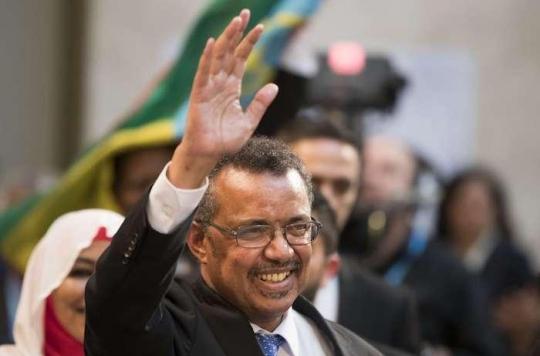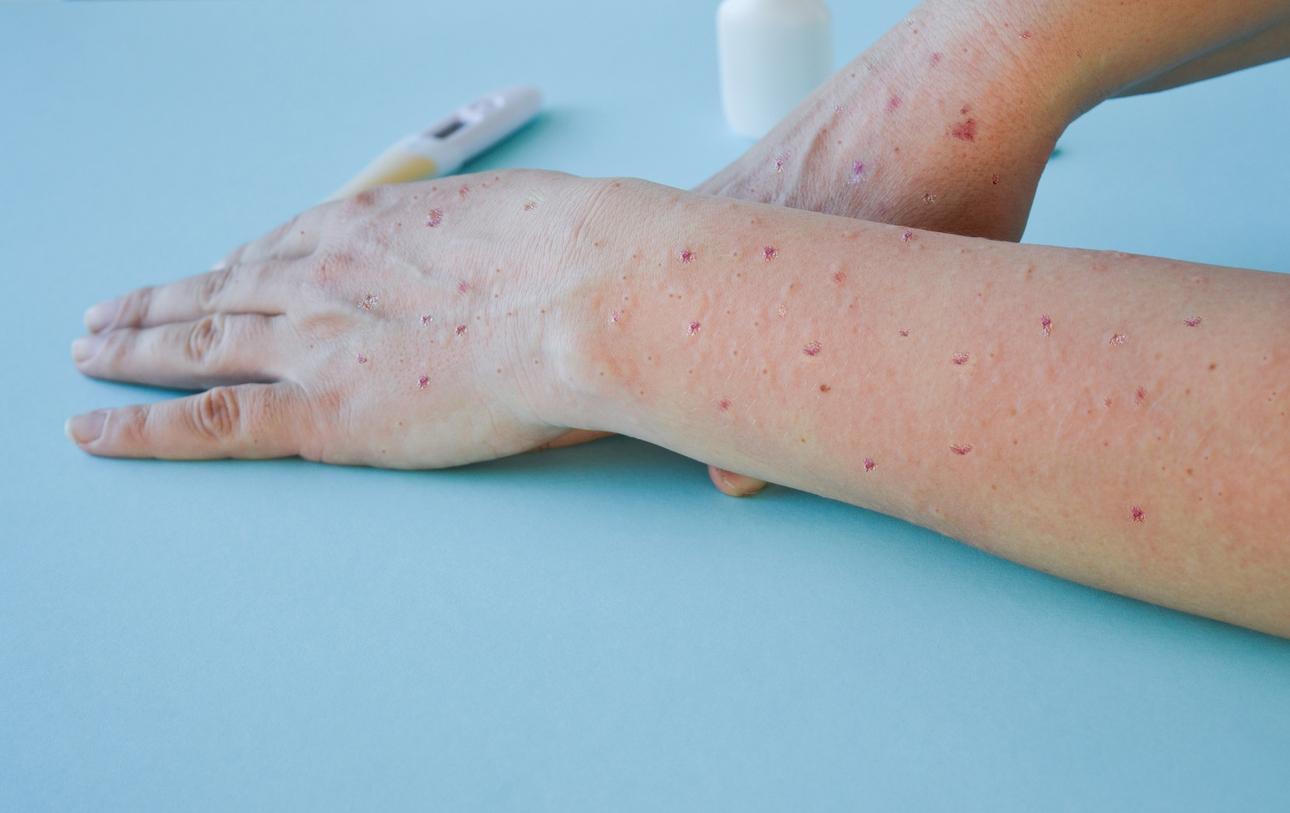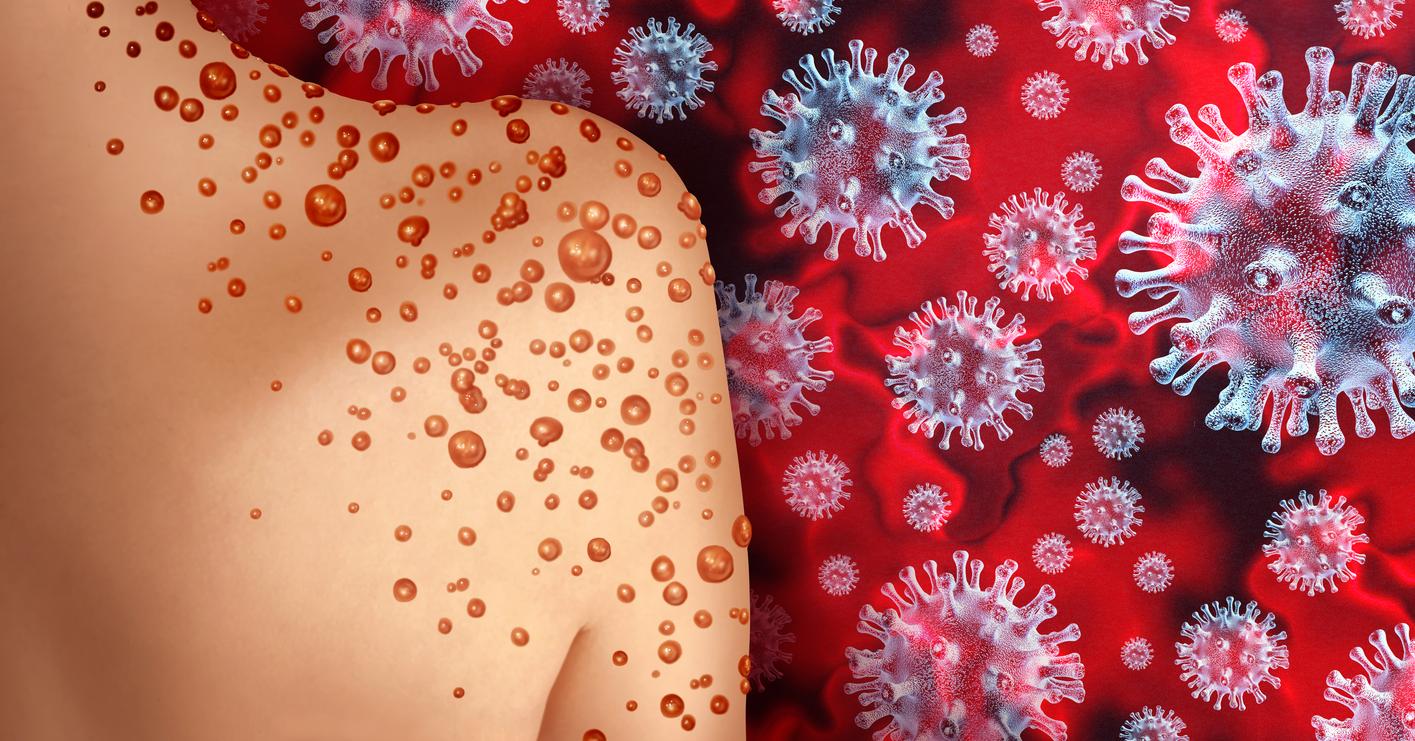The former Ethiopian health minister is the new director general of the WHO. One of its priorities is to establish more transparency within the agency.

Dr Tedros Adhanom Ghebreyesus succeeds Dr Margaret Chan as head of the World Health Organization (WHO). The Ethiopian candidate won in the 3th lap ahead of Briton David Nabarro (133 votes against 50). He is the first African to lead the UN agency, which he is careful to reform.
At the forum of the National Health Assembly, the former Minister of Foreign Affairs and Health of Ethiopia said he wanted to promote a culture of transparency and efficiency within the WHO. An in-depth reform recently launched by Margaret Chan, strongly criticized for her management of the Ebola epidemic. The deadly outbreak of hemorrhagic fever has indeed revealed major dysfunctions and communication problems within the powerful UN agency.
Achieve universal health coverage
For the new managing director who will begin his mandate on 1er Next July, the priority is also to improve access to healthcare everywhere in the world. In front of the 194 member states, he told of having lost a brother, when he was a child, for lack of medication. A personal story that will guide his choices. “I make the following pledges: to work tirelessly to deliver on the promise of universal health coverage, to ensure that there are strong responses in emergencies,” he said.
He also wants to improve the fight against non-communicable diseases such as cardiovascular disease and cancer, as well as resistance to antibiotics, which has become one of the greatest health threats of this century.
Controversy and challenge
During his speech, Ethiopian demonstrators gathered in front of the WHO headquarters in Geneva (Switzerland). Armed with placards and banners, they accused Dr Tedros Adhanom of having covered up 3 cholera epidemics when he was Minister of Health. This controversy was also fueled by advisers to his British rival a few days before the vote.
But his expertise worked in his favor. A specialist in malaria, the 52-year-old man has considerably improved his country’s health system by creating more than 3,500 health centers and 16,000 health posts. He also worked to expand health insurance coverage.
As Chairman of the Board of the Global Fund to Fight AIDS, Tuberculosis and Malaria, he also managed to secure record funding with which he created the Global Malaria Plan of Action. A program that has benefited Africa, Asia and Latin America.
And that same financial challenge will face Dr. Tedros. Its main task will be to increase the regular contributions of member states. Today, only 20% of the WHO budget is made up of fixed contributions, the remaining 80% comes from voluntary donations from states and private funds such as the Gates Foundation, which all determine the use of this money.
At this 70th Assembly, states should adopt, for the first time in 10 years, a 3% increase in their regular contributions.
.

















